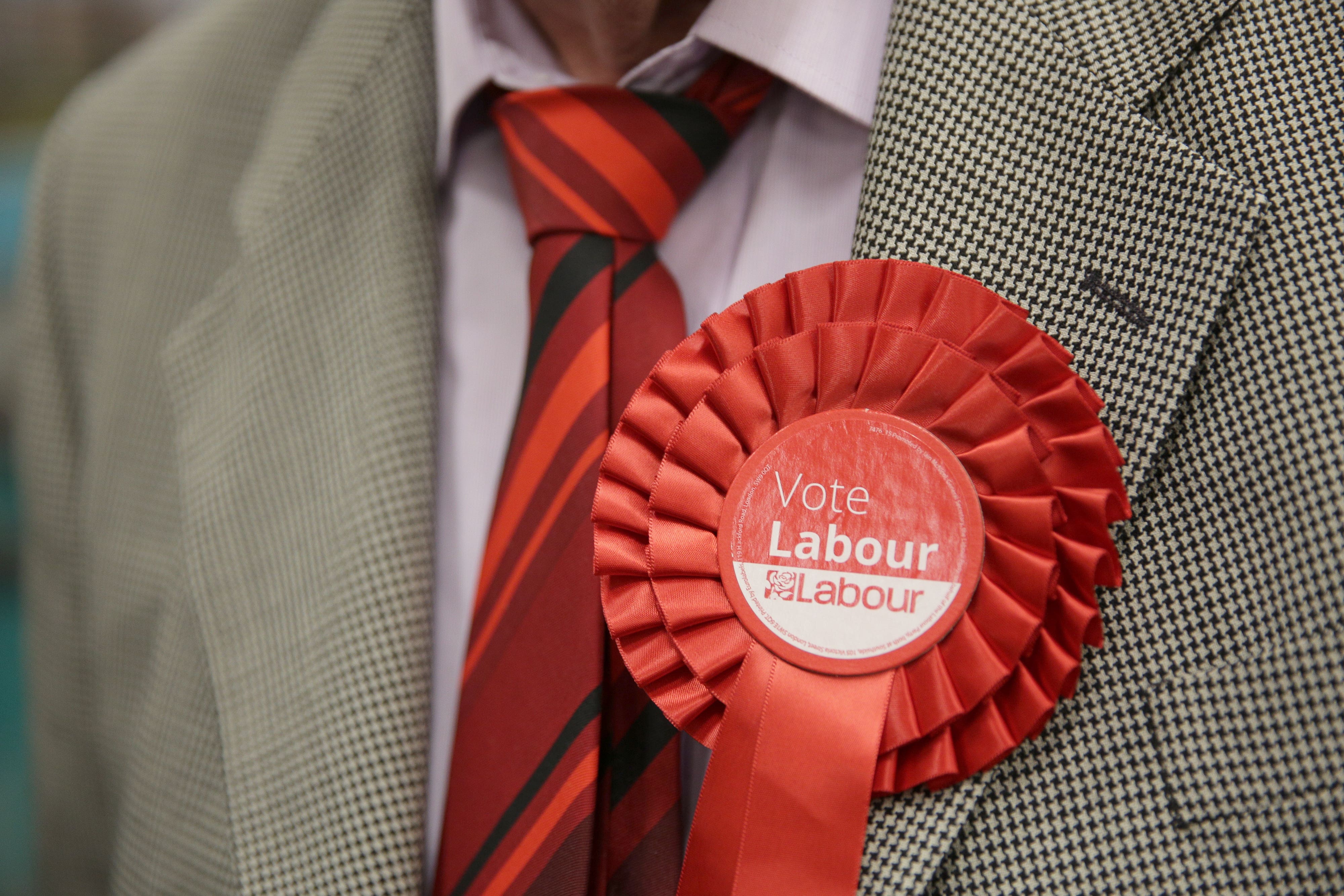Labour could face defeat at next election without losing single vote – research
Labour needs to increase its vote share to avoid becoming a one-term government or being forced into coalition with others, the research suggests.

Your support helps us to tell the story
From reproductive rights to climate change to Big Tech, The Independent is on the ground when the story is developing. Whether it's investigating the financials of Elon Musk's pro-Trump PAC or producing our latest documentary, 'The A Word', which shines a light on the American women fighting for reproductive rights, we know how important it is to parse out the facts from the messaging.
At such a critical moment in US history, we need reporters on the ground. Your donation allows us to keep sending journalists to speak to both sides of the story.
The Independent is trusted by Americans across the entire political spectrum. And unlike many other quality news outlets, we choose not to lock Americans out of our reporting and analysis with paywalls. We believe quality journalism should be available to everyone, paid for by those who can afford it.
Your support makes all the difference.Labour could be defeated at the next general election without losing a single vote, new analysis of its “broad but shallow” support base suggests.
The ruling party will need to increase its vote share to avoid becoming a one-term government or being forced into coalition with others, according to research by More in Common.
The think tank warns that a modest Conservative recovery, by mobilising former voters who stayed home in 2024 and winning back half of Reform’s votes, would be enough for the opposition to overtake Labour by 20 seats.
Our analysis suggests a modest growth in their vote share to 36% is the magic number that would allow the party to see off a threat from a ‘united right’
In such a scenario the Tories would be left with 293 seats and Labour with 273, More in Common said.
To see off this threat, Sir Keir Starmer’s party needs to increase its vote share from 33.7% in 2024 to at least 36% in 2029, according to the research.
The think tank said Labour’s best strategy for staying in power involves finding a way to appeal to both left and right – including half a million Tory voters who considered lending their support to Labour in 2024 as well as those who flipped to the Greens and independent candidates.
Its research suggests that Sir Keir had a historically short honeymoon period, with almost one in five who backed Labour at the July 4 poll saying they have voters’ remorse.
The data comes from a poll of 2,005 people representative of British adults between September 16 and 18, the think tank said.
More in Common director Luke Tryl said: “It may seem extremely premature to be looking ahead to the next election just months after the last one, but with such a volatile electorate Labour needs to be thinking not just about how to hold on to its existing coalition, but how to grow that broad but shallow base of support if it is going to have any chance of holding on to power.
“Our analysis suggests a modest growth in their vote share to 36% is the magic number that would allow the party to see off a threat from a ‘united right’. Fail to do that and the party could find itself out of office, even without losing a single vote.
“Growing Labour’s base will require Keir Starmer to appeal to the left and right – winning over those moderate Conservatives who almost made the leap to Labour this time, while also winning back jaded progressive voters who don’t yet think Labour is being bold enough.”